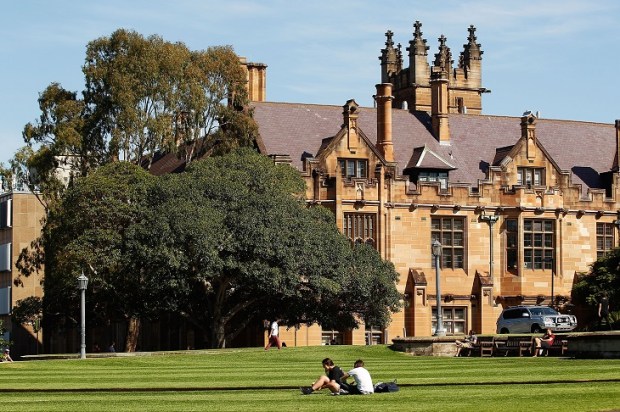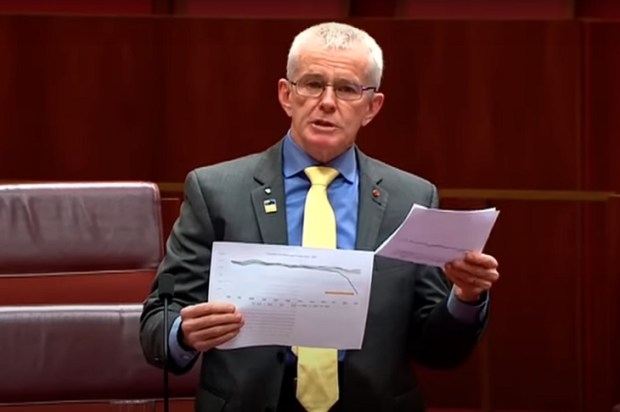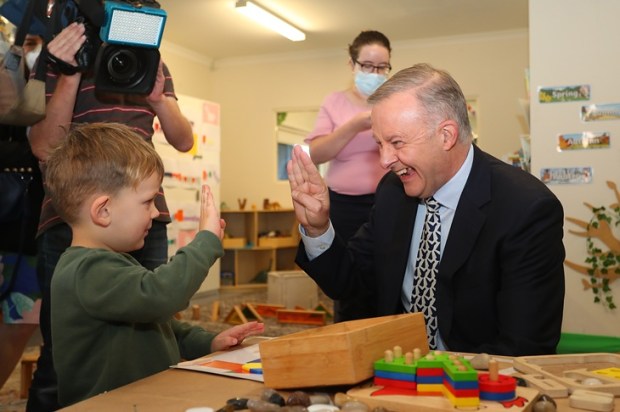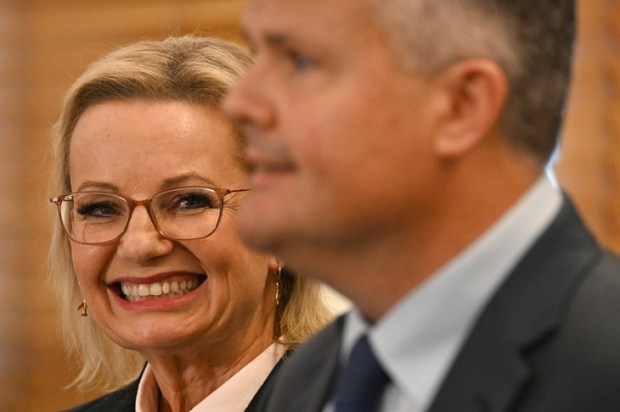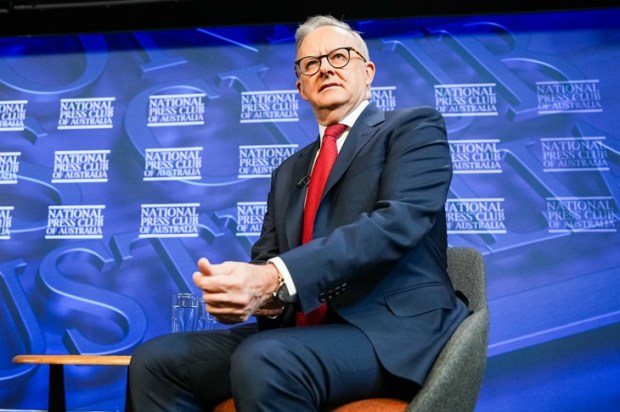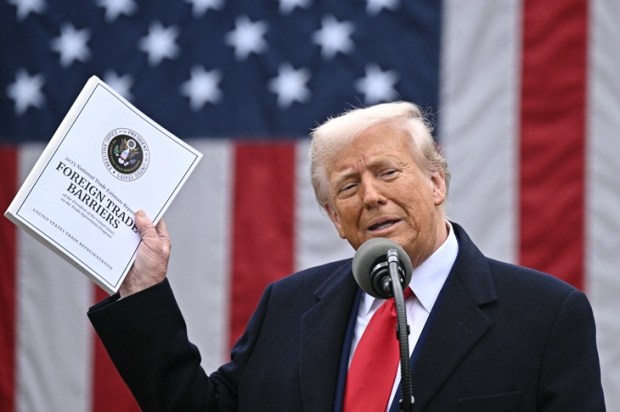Universities have become a political football. Again. In many countries. The latest, albeit recurring, flashpoint is international students. There are concerns that international students create inflation, and assertions that cutting immigration can reduce house prices. The arguments have been ongoing for years. This is not new.
In the United Kingdom, there have been moves to restrict graduate visas. Student recruitment has reportedly fallen 44 per cent. Universities subsequently face budget deficits and the risk of closing. In Australia, too, both the government and the opposition have sought to restrict international student numbers. There are warnings this could cost thousands of jobs.
Universities always find themselves to be a political football. So why, of all industries, does this happen so frequently?
The simple answer is that universities have little (if any) bargaining power. There are no votes in helping universities or in helping international students. This is due to a combination of (a) agency conflicts, and (b) principal-principal conflicts. Government is one giant agency conflict overseeing a giant principal-principal conflict.
Agency conflicts arise where you hire someone to perform a job. You might want them to act for you. But, they have other ideas. Here, politicians want to get reelected, even if they spread misinformation to do so. Australia’s Prime Minister, Anthony Albanese, ironically, and hypocritically, decried just this. However, Prime Minister Albanese is one of the biggest sources of misinformation.
Principal-principal conflicts arise where a dominant group can expropriate the assets of another group. For example, a dominant voting block can seize the assets of a minority, whether in a company or in political voting.
Politicians thus pursue political self-interest by castigating a minority, and pitting voters against each other. Think of this every time that government says it is raising taxes on the ‘big end of town’ or on ‘the rich’ or ‘the top 1 per cent’. Politicians are saying ‘here is an expendable minority we can steamroll to get reelected’. Politicians launder this through a façade of democracy. But, it is not real democracy: the victims do not get to vote on whether to decide to be victims. The superannuation tax grab is this conflict made manifest.
This is easy to see with numbers. Suppose we have three voters. All voters have one vote. One voter pays 60 per cent of the tax take, but also owns significant assets owing to working long hours. The other two pay 20 per cent each. Those two can gang up on the first voter to seize those assets. The superannuation tax grab is this conflict made manifest.
Universities face this same issue and then some.
Universities actively promote ‘progressive’ talking points. In Australia, this is an overwhelming adherence to the Labor Party and the Greens. This is at an institutional and an academic level. We can see this through universities’ clear support for the Voice referendum in Australia, which was championed by the progressive left. This was a political issue that was divided along party lines. Universities institutionally backed one side and promoted assertions that the other side spread so-called ‘misinformation’. This is also clear from universities’ tolerance for anti-Israel and antisemitic elements. Universities might argue that they are simply doing what they feel is ‘right’. But, this appears universally to be on one side of politics.
Universities are also actively hostile to conservative parties. This means that they have little sway with conservative voters or politicians. There are few conservatives left on campus, and the numbers appear to be decreasing.
Universities therefore are in a bad position: Progressives can take their support for granted. The conservative parties know that universities will always be hostile. Thus, from an agency perspective, left-wing politicians have no incentive to work with universities they count on universities support regardless. Conversely, conservatives can count on their opposition regardless. Neither party needs to, nor has any incentive to, work with universities.
We can then overlay the element of international students. International students cannot vote in the country-of-study. Often, they do not have family in that country and are temporary residents, who may hope to one day become permanent residents. Therefore, government can steamroll international students knowing that they cannot vote even if they do pay taxes or contribute economically. This is despite their clear economic benefits. For example, Australia’s per capita GDP has fallen for four consecutive quarters. Australia would be in a recession were it not for immigration. But, there simply are no votes in helping international students.
Universities therefore have no bargaining power. The realpolitik of it is that universities cannot resist adverse policy changes because there are no votes in helping universities.
Is there a fix? Universities can appear less partisan. But, this seems challenging given that academics generally lean left, creating the appearance of political capture.
In the long term, this problem will always arise where a numerical majority can scapegoat a minority, or conveniently pillory them, and undermine their business or seize their assets.


